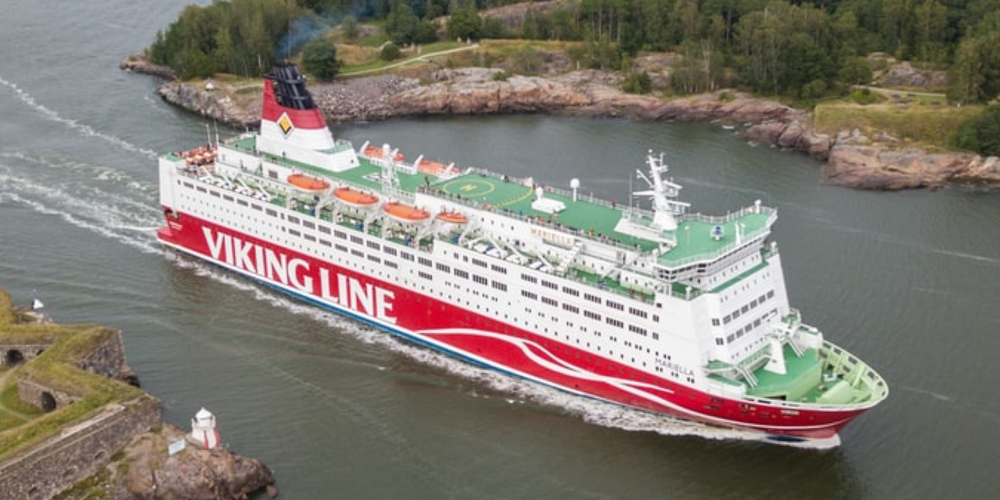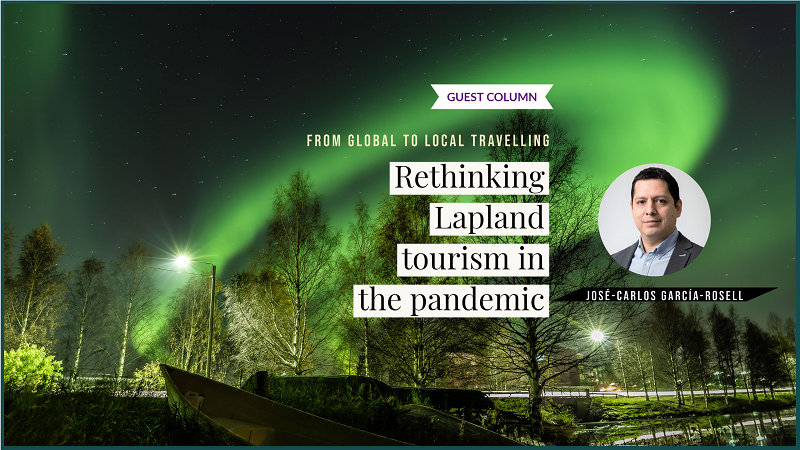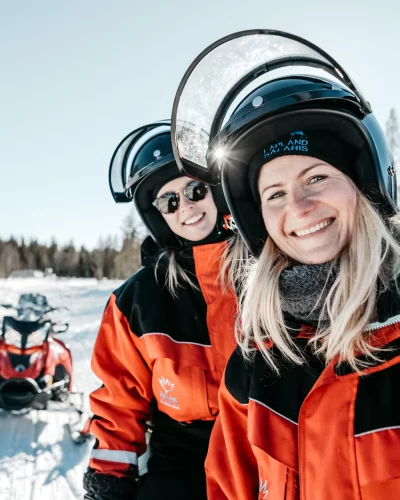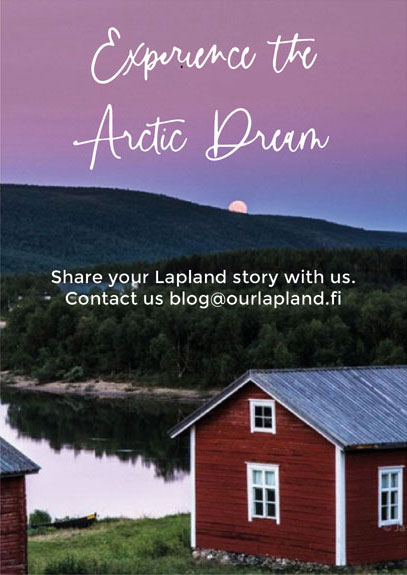
The pandemic has plunged the tourism industry into one of its worst crises ever. Millions of people have lost their jobs, compromising the prosperity of local communities across the world. The situation is challenging requiring not only policies to mitigate the impact of the pandemic on tourism, but also companies to come up with new ideas to navigate through these difficult times. Although the pandemic is causing human suffering, it can serve as trigger for new innovative ideas. Crises offer unique conditions that allow innovators to think and move more freely to create rapid solutions to existing challenges. During the last weeks, we have seen new ideas and moves emerging out of difficult circumstances experienced by Finnish tourism companies. From the perspective of local tourism, the ideas presented by Aurinkomatka and Viking Line are not only partial solutions to the crisis, but they can also be a trigger for making tourism more sustainable and resilient.
Aurinkomatka holiday package to Lapland
Although it is common for many European tour operators to sell holiday packages in their domestic markets, it has been more than 30 years since the last holiday packages to Lapland were sold to Finns. Pushed by the pandemic, the Finnish tour operator Aurinkomatka, has taken a bold move in reopening a market that has remained closed for decades. Not only local tourism is trendy nowadays, but a trip to Lapland could be the only possible alternative for Finns who would not be able to spend a holiday abroad due to the coronavirus travel restrictions.
After the pandemic, the idea of holiday packages to Lapland could be extended to neighbouring countries like Sweden and Norway. Although Sweden and Norway make up a market of 15 million people, these countries have not been targeted by Finnish tourism companies yet. Increasing the number of tourists from the domestic market and neighbouring countries can contribute to the resilience of a Finnish tourism industry daunted by climate change discussions. The extension of the railway to Haparanda, Sweden’s border town to Finland will also represent a new and more sustainable transport alternative for Swedish tourists wanting to visit Finnish Lapland.
Vinking Line: Cruise from Helsinki to Kemi
A few weeks ago, Mikko Kärnä, a member of the Finnish parliament, has what we called a “crazy idea”. He suggested Finnish cruise line companies to launch a route between Helsinki and Kemi in Southern Lapland. This idea was well-received by Viking Line and Visit Kemi which are currently discussing how this idea could be implemented in practice.
If this cruise route is opened, it could represent the beginning of a new era for Finnish cruise lines and for tourism in Lapland. People from southern Finland could not only visit places like Kemi and famous attractions such as the Snow Castle and the icebreaker Sampo, but it could also be a new way of reaching ski resorts in northern Finland. Indeed, this idea will bring both the cruise and winter holiday experience under one and the same package.
Although cruise lines have been criticized due to their environmental impact and for being a heavy subsidized sector in Finland, this new route could contribute to the recovery of the tourism industry in Lapland. If already tax money is used to support cruise lines, why then not to use these companies to bring domestic visitors to Lapland. Cruise lines would also benefit by generating some income in a time when travel restrictions have disrupted their traditional routes to Sweden and Estonia. Looking into a post pandemic time, a route Helsinki-Kemi could also be appealing to international travellers who would have the opportunity to experience the Arctic winter and norther lights from a ship.
A shift from global to local travelling is not a panacea for the challenges faced by the Lapland tourism industry, but it could contribute to mitigating the impacts of the pandemic on this service sector. It could also represent an opportunity to build the resilience that it is needed to navigate the challenge of climate change and other similar global challenges ahead of us.
Senior Lecturer, Responsible Tourism Business
University of Lapland






